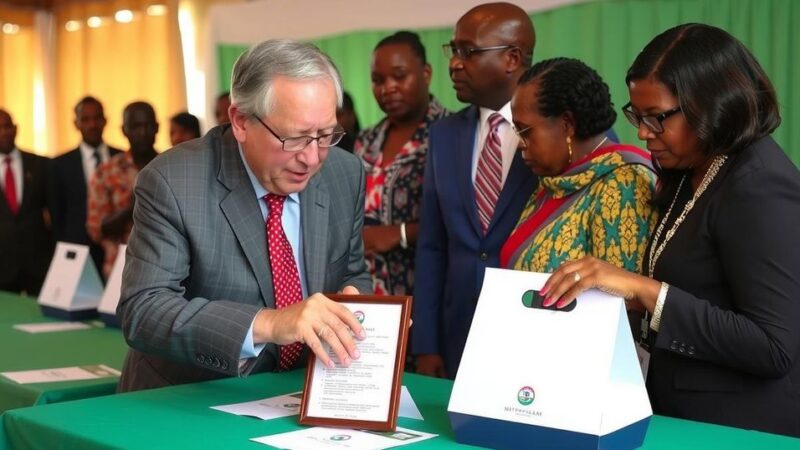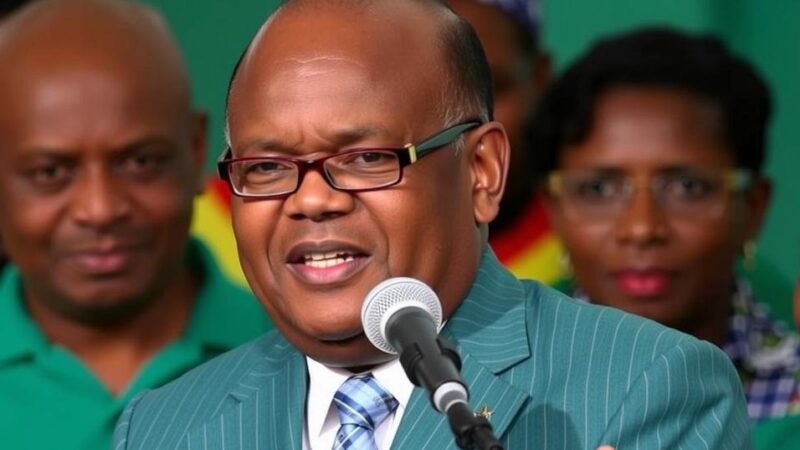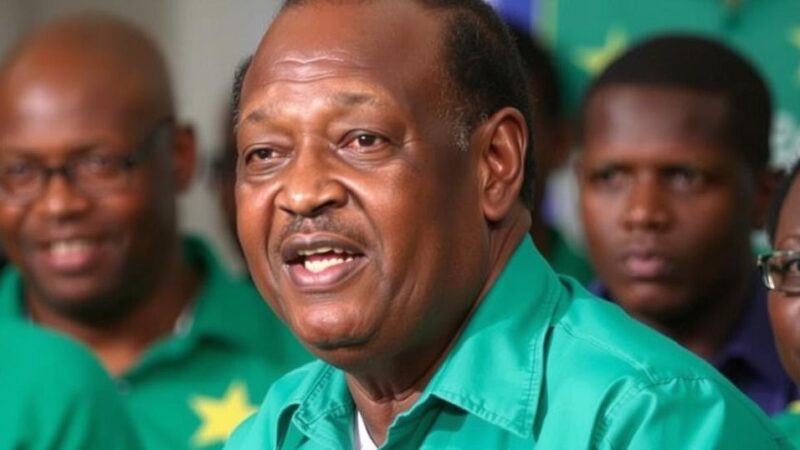Arab-American voters in Michigan are increasingly leaning towards Donald Trump, driven by dissatisfaction with the Biden administration and concerns over handling of international issues. Amid cultural tensions and a sense of neglect, many believe Trump’s unpredictable approach could yield better outcomes for their communities compared to ongoing Democratic policies. This demographic shift underscores the need for the Democratic Party to reevaluate its engagement with these vital constituents as the 2024 election approaches.
The political landscape in Michigan is witnessing a notable shift as Arab-American voters, traditionally aligned with the Democratic Party, appear to be gravitating towards Donald Trump. This transition is particularly evident in regions such as Dearborn and Hamtramck, where sentiments among voters reflect profound disappointment with the current administration’s handling of both local and international issues, particularly in relation to the recent unrest in Gaza and Lebanon. At the Frontier International Academy in Hamtramck, one of the few Muslim-majority cities in the United States, young voters express uncertainty about Vice President Kamala Harris’s potential, leading them to consider Trump as a more viable option. Jubran Ali, an 18-year-old first-time voter, stated, “We do not know what she is going to provide, we do not know what she is going to do. So I think it’s just a safer bet to go for Donald Trump.” Similar sentiments were echoed by his peer, Edris Alhady, who noted that many in his circle are opting for Trump. Michigan’s significance as a battleground state cannot be overstated, as shifts in voter sentiment can profoundly influence electoral outcomes. The state has the largest population of Arab-Americans in the country, representing a key demographic that both parties must court vigorously. Amer Ghalib, a member of the Democratic Party and the mayor of Hamtramck, recently endorsed Trump, citing growing disappointment with the current administration’s tactics and fostering hope for change. Ghalib remarked, “It’s a combination of two things. Disappointment and hope. Disappointment that the current administration and how they are handling things locally or internationally, and hope that the new administration, led by Trump, will do something different.” This sentiment reflects a broader trend among Arab-Americans disillusioned with the Democratic Party, particularly regarding cultural values and policies perceived as imposed upon their communities. Mayor Ghalib remarked on the tension caused by attempts to enforce certain progressive ideals on a demographic that often feels marginalized. He expressed dissatisfaction with Harris’s team’s lack of engagement with him or the community at large. Despite Trump’s controversial pro-Israel stance, many in the Arab-American community believe that his tenure could yield more favorable outcomes compared to Harris and Biden, especially on social issues. This belief underscores an understanding that current policies under the Democrats may not adequately address the community’s needs and concerns. The accounts of voters like Samraa Luqman, a local activist, highlight the growing sentiment that Trump, while controversial, may represent a lesser evil in light of ongoing violence and perceived neglect by the current administration. Luqman, who in past elections supported more progressive candidates, now aligns herself with Trump due to feelings surrounding humanitarian crises as she stated, “…one thing I hate more than all those other policies is genocide.” Overall, the perspectives emerging from Michigan reflect a critical junction for the Democratic Party, necessitating introspection regarding its strategies to engage with the Arab-American electorate. As pivotal voter blocs threatening to realign, the political implications of this shift could extend beyond state lines, posing a significant challenge as the 2024 election approaches.
The 2024 United States presidential election is poised to feature hotly contested battleground states, among which Michigan plays a crucial role. Historically, the Democratic Party has relied on the support of diverse demographic groups, including Arab-Americans. This electorate has recently exhibited signs of shifting allegiance amid dissatisfaction with current political leadership, particularly concerning foreign and domestic policy issues. With recent geopolitical tensions and the ensuing humanitarian crises in the Middle East, Arab-Americans are reassessing their political loyalties, leading many to consider Donald Trump, a previous president known for his polarizing views on immigration and foreign relations, as a potential alternative to the current administration.
The growing support for Donald Trump among Arab-American voters in Michigan highlights a significant political realignment driven by dissatisfaction with the Democratic Party’s policies and an evolving perception of leadership effectiveness. As local communities express their grievances and seek to be heard, the implications of this shift may extend well beyond state boundaries, prompting the Democratic Party to reevaluate its outreach strategies and priorities to retain a critical segment of its electoral base. As voters grapple with complex issues, the 2024 election will undoubtedly be influenced by their choices and sentiments towards both major political parties.
Original Source: news.sky.com







